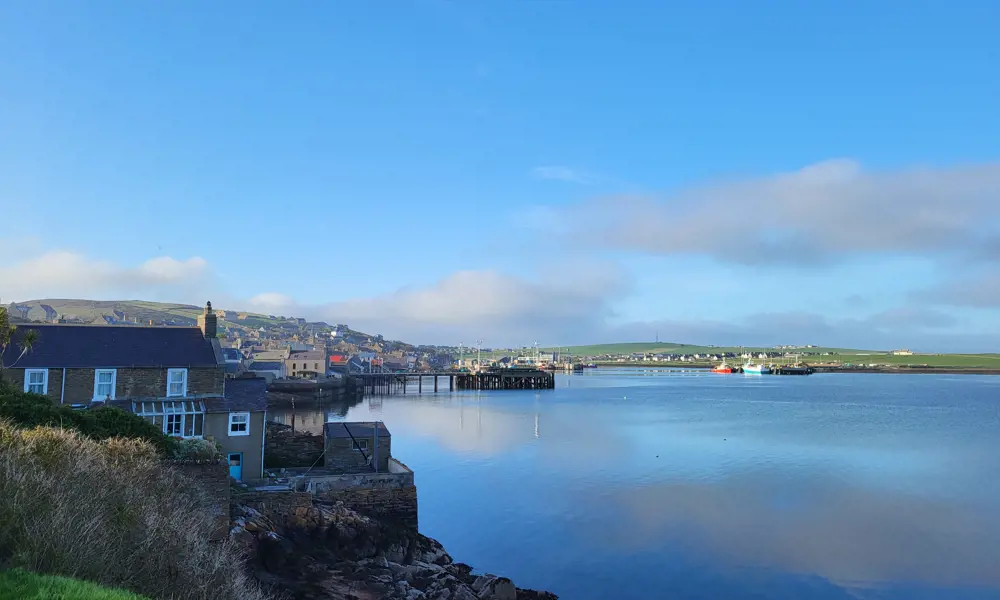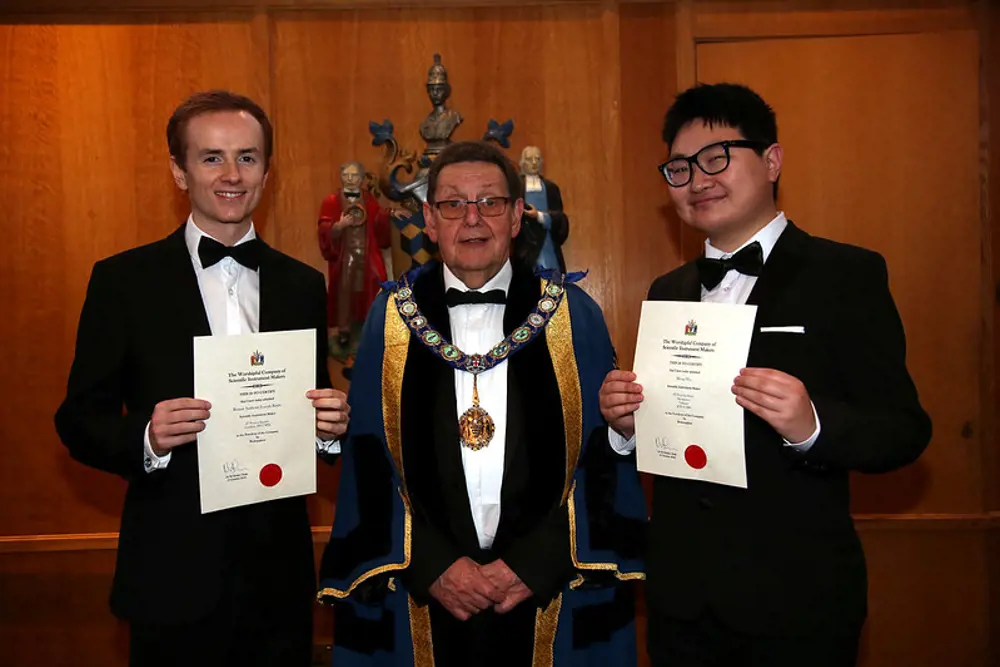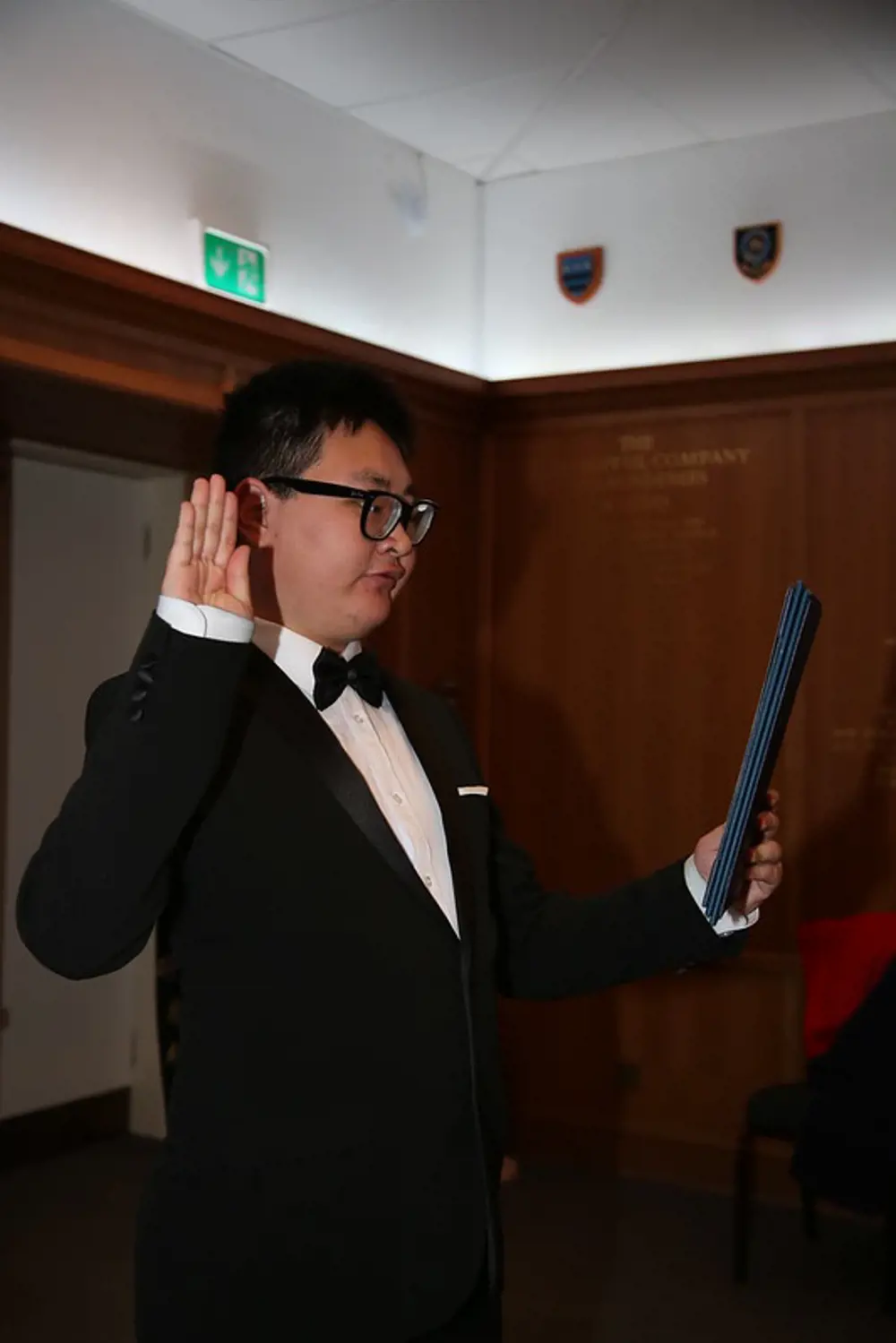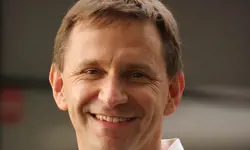
Q&A: Meng Wu
Why did you become interested in science and engineering?
I was always fascinated in science, technology, engineering, and mathematics (STEM) when I was young. Particularly when I browsed websites or used apps, I always wondered how they were programmed. My fascination in software engineering led me to a degree in computer science.
How did you get to where you are now?
In my second year at university, I was selected for a summer research internship at the University of Nottingham’s School of Computer Science. During the internship, I engineered a prototype live transport data hub for Nottingham City Council, which helped benefit visitors and commuters with real-time transport data.
Afterwards, I worked part time as the head platform developer for the Smarter Travel – Nottingham project during my second and third year at uni. This was a collaboration between the University of Nottingham and Nottingham City Council, which aimed to collect, analyse and visualise transport and air quality data in a real-time fashion. In this role, interacting with PhD students in software engineering and data engineering on a daily basis inspired me to pursue a PhD.
Working with Nottingham City Council showed me how software and data engineering can be applied in many different fields, and I went to UCL to study a master’s degree in Data Science for Cultural Heritage. At UCL, I developed software tools for preventive conservation and engineering and analysing conservation data. Applying my software and data engineering skills in a different context to during my undergraduate studies helped prepare me for my PhD.

Meng’s admission ceremony as a freeman of The Worshipful Company of Scientific Instrument Makers © sandrarowsephotography.com
I’m now a postgraduate researcher at the Centre for Doctoral Training in Sustainable Management of UK Marine Resources (CDT SuMMeR), based at the Orkney Campus of Heriot-Watt University. My PhD research focuses on systems engineering and technology solutions that can help local fishing become more sustainable.
Specifically, I’m working to engineer a data exchange, modeling and observatory platform for the sustainability of UK fishing villages with a case study of Orkney. I’m also a member of the delivery team for the Data Exchange Work Package of The Islands Centre for Net Zero. We’re working to engineer a secure data-sharing platform with visualisation capabilities, effective data governance agreements and a smart and consistent energy audit framework for Orkney, Shetland, and the Outer Hebrides.
I have been volunteering with my engineering skills from my undergraduate study to today, and my volunteering activities not only make positive impacts but also help me manage my wellbeing. I was a STEM ambassador and a member of election committee of the University of Nottingham Students’ Union during my undergraduate studies. After conducting my PhD research in Orkney, I became a trustee and the voluntary web master of a local charity, The John Rae Society, for a year. In addition, I am currently a member of the PhD and early career researcher (ECR) committee of the Scottish Universities Life Science Alliance, a student member of parliament of Heriot-Watt University’s student union, and a QEPrize Ambassador.

Meng makes a declaration as a freeman of The Worshipful Company of Scientific Instrument Makers © sandrarowsephotography.com
What has been your biggest achievement to date?
One of my biggest achievements to date was being admitted as a freeman of the Worshipful Company of Scientific Instrument Makers (WCSIM). WCSIM is a community of makers and users of scientific instruments sharing charitable aims. I’m also a professional member of the British Computer Society, a professional member of the Marine Biological Association and an associate fellow of Advance HE.
My biggest achievements also include being awarded Principal’s Award for Outstanding Contribution to the Local Community by Heriot-Watt University Student Union. The award is a recognition of my volunteering activities for the local community of Orkney.
What is your favourite thing about being an engineer?
My favourite things about being an engineer is about problem solving. As an engineer, I encounter a variety of problems and challenges regularly, and I am always excited to work out the solution. It brings me a sense of accomplishment and helps me continue developing my engineering skills.
Quick fire facts:
Age:
25
Qualifications:
BSc (Honours), Computer Science with Artificial Intelligence (First Class), at the University of Nottingham
MSc, Data Science for Cultural Heritage (with merit), University College London
Biggest engineering inspiration:
Professor Richard Williams OBE FREng FRSE FTSE
Most-used technology:
Laptop
Three words that describe you:
Transdisciplinary, Innovative, Analytical
What does a typical day involve for you?
A typical day for me involves many different things! A lot of my work involves reading research articles; collecting, analysing and working out how to best visualise data; and designing and programming software (and solving problems with it). I could also be working with my supervisors, colleagues, stakeholders and collaborators, writing about my research, or outside of work, volunteering. And there’s always new skills to develop in different areas, from project management to presenting.
What would be your advice to young people looking to pursue a career in engineering?
Mentors can provide you with invaluable support and guidance, and my advice is to always seek out mentors in engineering. Learn from your mentors, thank your mentors and be mentors of young people looking to pursue a career in engineering yourselves when you become established engineers.
It’s also important to remember that a career in engineering involves lifelong learning. Therefore, always be passionate about taking possible opportunities to expand your knowledge base, develop your engineering skills and build up relevant experience and expertise. Finally, take pride in the social responsibilities of engineers and be passionate about applying your engineering skills and expertise for social good and tackling global challenges.
What’s next for you?
I will continue working on my PhD project during the next few years and hope to complete my PhD around May 2026. I would like to stay in academia afterwards, and continue volunteering for the local community and the research community with my engineering skills in my spare time.
Keep up-to-date with Ingenia for free
SubscribeRelated content
Software & computer science

Compact atomic clocks
Over the last five decades, the passage of time has been defined by room-sized atomic clocks that are now stable to one second in 100 million years. Experts from the Time and Frequency Group and the past president of the Institute of Physics describe a new generation of miniature atomic clocks that promise the next revolution in timekeeping.

The rise and rise of GPUs
The technology used to bring 3D video games to the personal computer and to the mobile phone is to take on more computing duties. How have UK companies such as ARM and ImaginationTechnologies contributed to the movement?

EU clarifies the European parameters of data protection
The European Union’s General Data Protection Regulation, due for adoption this year, is intended to harmonise data protection laws across the EU. What are the engineering implications and legal ramifications of the new regulatory regime?

Evolving the internet
He may have given the world the technology that speeded up the internet, but in his next move, Professor Nick McKeown FREng plans to replace those networks he helped create.
Other content from Ingenia
Quick read

- Environment & sustainability
- Opinion
A young engineer’s perspective on the good, the bad and the ugly of COP27

- Environment & sustainability
- Issue 95
How do we pay for net zero technologies?
Quick read

- Transport
- Mechanical
- How I got here
Electrifying trains and STEMAZING outreach

- Civil & structural
- Environment & sustainability
- Issue 95